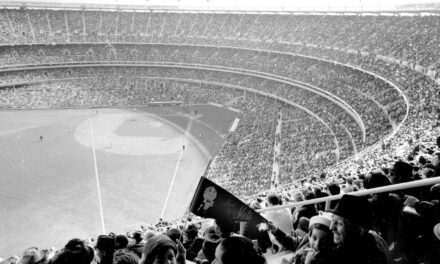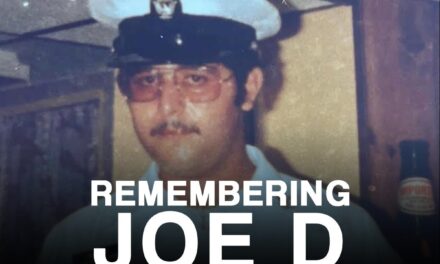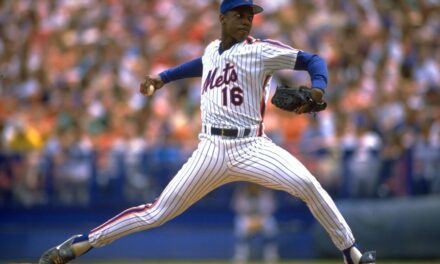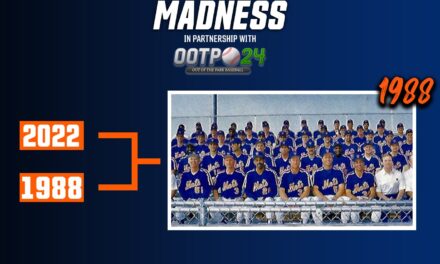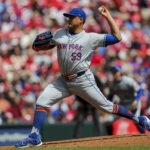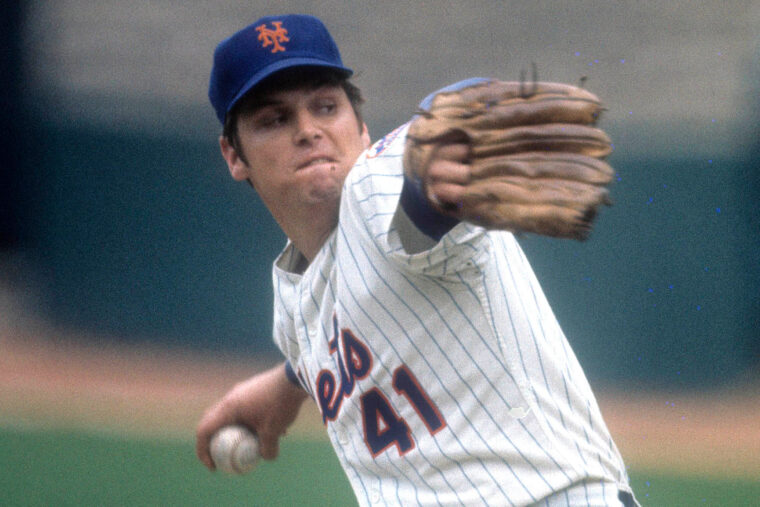
On July 9th, 1969 (51 years ago today), Tom Seaver came within two outs of a perfect game.
From the franchise’s inception in 1962 until July of 1969, the Mets had been, well, quite imperfect. They had been doormats of the National League for much of their seven year existence, posting forgettable records as listed below.
1962 (40-120)
1963 (51-111)
1964 (53-109)
1965 (50-112)
1966 (66-95)
1967 (61-101)
1968 (73-89)
The 1968 season saw the emergence of a promising pitching staff, with a starting rotation that included Tom Seaver, Jerry Koosman, and Nolan Ryan. The team posted an overall FIP of 2.74 (in a season where pitching anomalously dominant across baseball), while ranking second in the league in team strikeouts.
The 1969 season began in imperfect fashion, as the Mets lost to the expansion Expos 11-10 at Shea. The Mets made it close with four in the ninth inning, but the game seemed to be a harbinger of more of the same for the franchise. Seaver started the game, and yielded four runs (two earned) over five innings.
The Mets began to play better baseball as spring turned to summer, and had a 45-34 record, good for second place in the NL East, when the division-leading Cubs came to Shea for three games beginning on July 8th. The Mets trailed the Cubs by 5.5 games going into the series opener, when Jerry Koosman notched the win, bringing the Mets to within 4.5 games of Chicago.
The fans were catching on to the excitement, as more than 50,000 packed Shea for the second night in a row on July 9th. Seaver took the mound against Ken Holtzman. The Mets got to Holtzman for three runs in the first two innings. From there, the story was Seaver.
Seaver recorded five of the first six outs via the strikeout, including striking out the side in the second. He went on to record eight strikeouts over the first five innings, with no Cub reaching base. The buzz in the crowd began to grow. Seaver had nine strikeouts through seven innings, when the Cubs came to bat in the eighth. Seaver retired Ron Santo on a fly ball, then Ernie Banks and Al Spangler on strikeouts. Eight innings were in the books, 11 strikeouts, still a perfect game.
Seaver sacrificed successfully in the home eighth, and received a deafening ovation on his way back to the dugout. No one cared about the sacrifice. Everyone was focused on the top of the ninth.
The Cubs came to bat, trailing 4-0. Randy Hundley led off, and attempted to bunt for a hit. Seaver threw him out, as boos rained down on the Cubs’ catcher for trying to mess with perfection. Enter Jim Qualls. Qualls was the center fielder, and a fairly light hitter. For his career, Qualls was a .223 hitter, with a career WAR of -1. Qualls, batting left handed, lined a single to left-center, and Seaver’s bid at perfection was over. Seaver paused in disbelief, then went on to retire the next two hitters, finishing the 4-0 shutout. You can relive this moment in the video below.
As we know, 1969 ended well for the Mets. On October 16th, they achieved a version of baseball perfection, defeating the Baltimore Orioles to win the World Series. The Mets were laughing stocks no more.
The franchise had to wait until 2012 for its first no-hitter. But the thrill of Seaver’s performance on a hot night in July of 1969 told Mets fans that they had embarked on a magical ride through the season, one that ironically coincided with man’s first walk on the moon.


